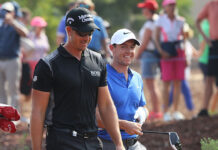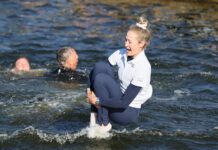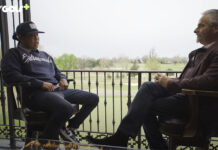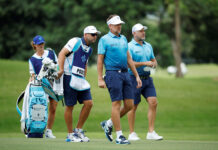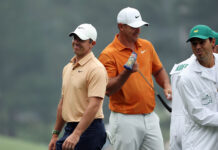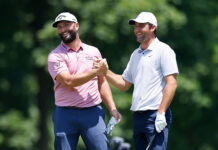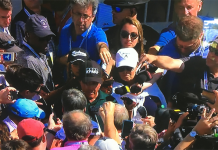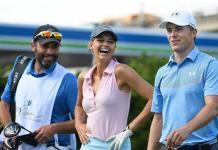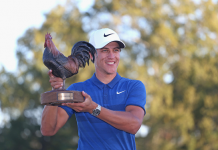The 85th edition of the Masters will officially get underway in less than 24 hours when Jack Nicklaus, Gary Player, and Lee Elder tee off on Augusta National Golf Club’s iconic first hole.
To begin the hype of a “tradition unlike any other,” here are five fantastic feature stories leading into the 2021 Masters Tournament.
1. Patience and Perseverance
Narrated By Jimmy Roberts, Masters.com
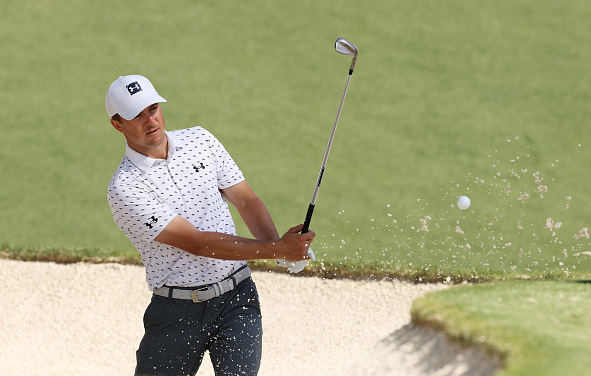
“Jordan Spieth arrived in professional golf as a phenom. By the time he was 24 he had 11 wins, three of them majors,” Jimmy Roberts narrates, over b-roll video of Spieth.
“But then came a long winless drought.”
“I just got further off than normally professionals get, and so it’s been a climb back,” says Spieth in the Masters Interview Room, before the video cuts to b-roll again.
2. Confident Thomas Misses Tiger at Augusta
By Bill Fields, Masters.com
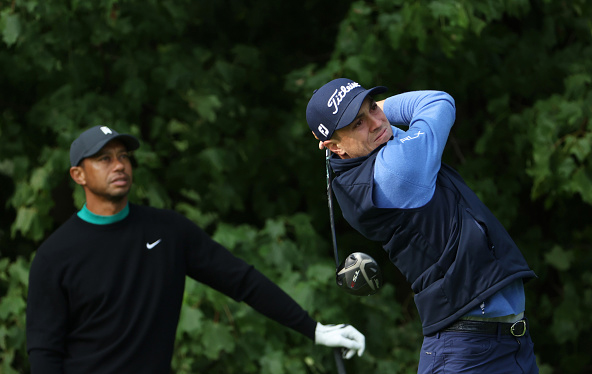
Something is missing for Justin Thomas at the 2021 Masters.
Yes, at least some patrons are back, assuring a more normal vibe than the gallery-free edition, for pandemic safety reasons, last November. The No. 2-ranked player in the world, Thomas is on a short list of favorites as often has been the case in his very successful tour career.
What he won’t experience this week is the customary practice rounds with champions Tiger Woods and Fred Couples, occasions of equal parts needling and knowledge with Thomas, 27, soaking it all in.
“I’m very, very lucky that I somehow got thrown into that practice-round group with Tiger and Freddie the last four years or whatever it is, especially around this place,” Thomas said. “I just follow them around like a puppy dog. Wherever they go, that’s where I go. If they hit chips from somewhere, I go hit chips from there.”
3. Jones’ Legacy Lives On in Many Areas
By John Steinbreder, Masters.com
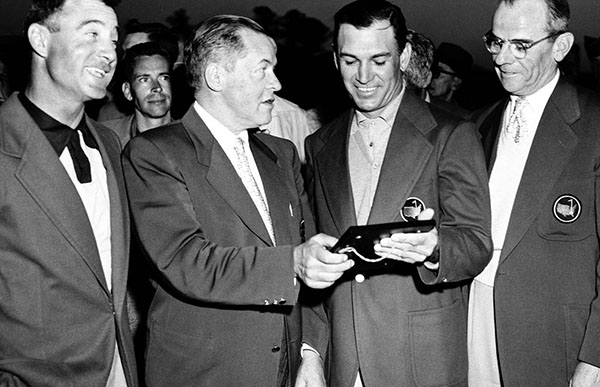
A half century ago, Bobby Jones died after a long battle with the spinal disease syringomyelia, at the age of 69. But while it has been decades since he passed, his legacy at Augusta National and the Masters remains quite strong.
The Club and the Tournament he established with Clifford Roberts are the most obvious vestiges of the great golfer’s life. And it is unlikely that even in his most optimistic moods, Jones could have imagined the lofty stature they both enjoy today. Augusta National is regarded as among the finest clubs in golf, while the Masters is among the best run and most popular sports events on the planet.
The repute of the Augusta National golf course, which Jones designed in the early 1930s with Dr. Alister MacKenzie, is just as robust. “It is an idea very dear to my heart to see in reality a golf course embodying the finest holes of all the great courses on which I have played,” Jones once said of his creation.
4. Made For the Big Stage
Narrated By Jimmy Roberts, Masters.com
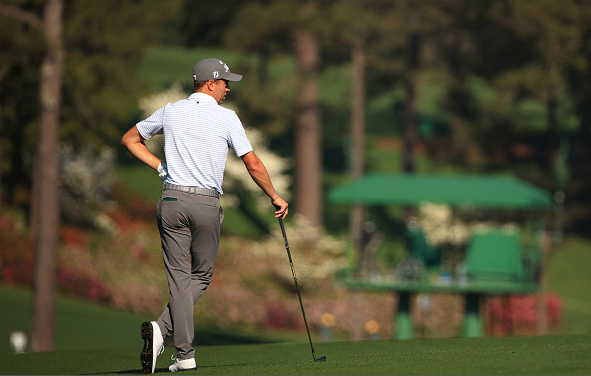
“Majors. World Golf Championships. The big events,” Jimmy Roberts narrates, over b-roll video of Justin Thomas.
“Justin Thomas has a history of playing well when the most chips are on the table.”
“It’s just different. And I hate to say it, because you should treat every tournament the same but it’s different,” says Thomas over b-roll of himself.
“I wish I could say I flip the switch when its a major or a WGC or whatever it is and I play better. Because I think I would permanently leave the switch on.”
5. Conquering the Test of Time
By Bill Fields, Masters.com
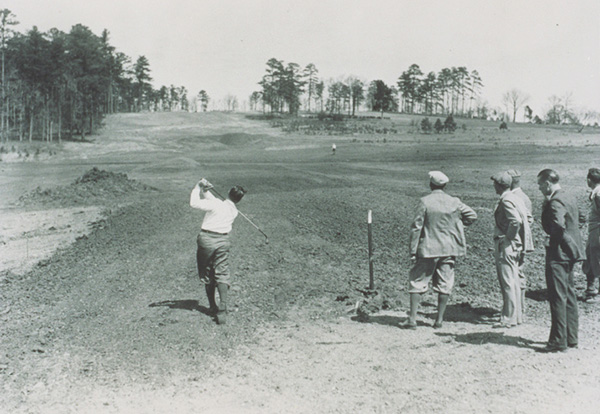
The 18 holes at Augusta National Golf Club have been part of the game’s fabric so long that their origin can be overshadowed by the indelible memories that have come since.
But what stimulates, fascinates or simply pleases in the 21st century would not do so if Club co-Founder Bobby Jones and noted course architect Dr. Alister MacKenzie had not gotten so much right when creating the course in the early 1930s. Their design — strategic, resourceful and strikingly scenic — reflected each man’s philosophy that “less can be more” in golf architecture and that a proper test of one’s game should cause as much flexing of the mind as the muscles.
“The expert who tries for subpar scores,” MacKenzie wrote about Augusta National, “will find himself confronted with sporting problems that will require the maximum in strategy as well as skill.”



